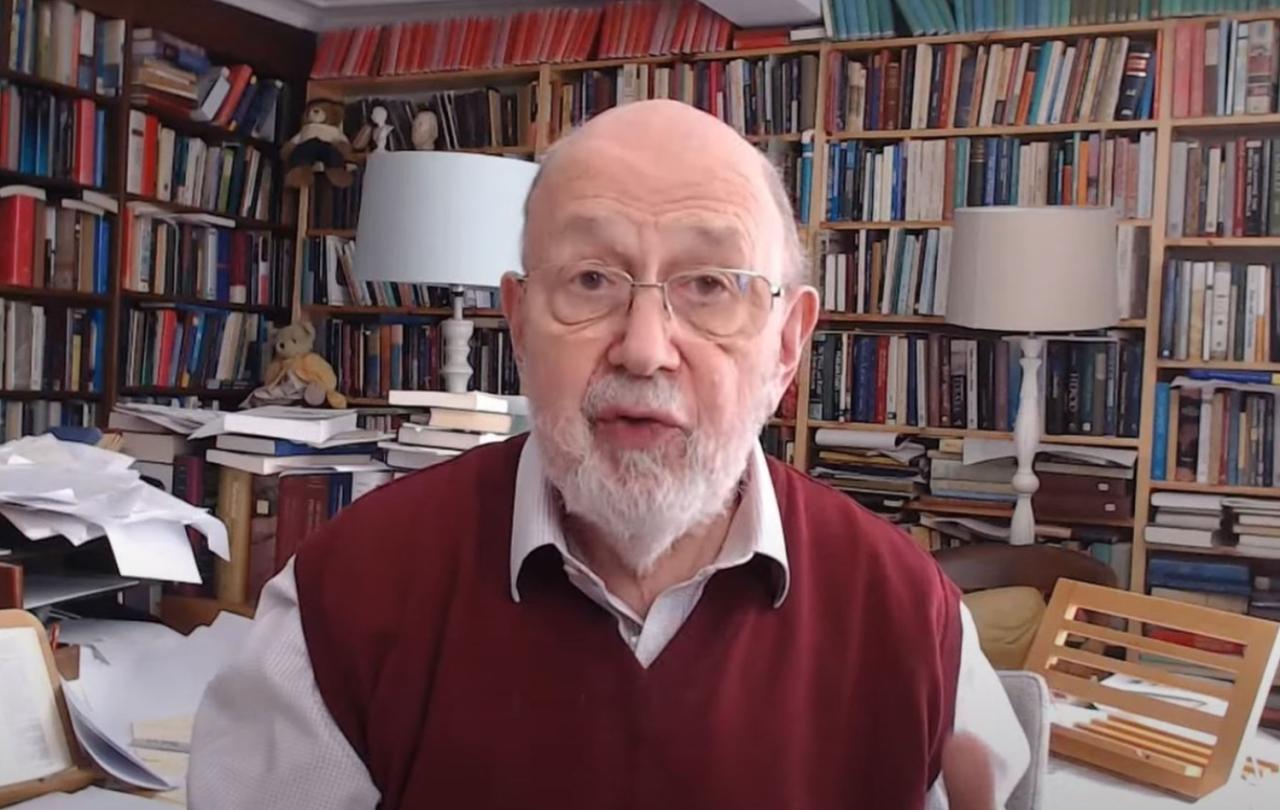This model of ‘conciliar’ discussion has remained key to the way in which Christians try to resolve conflict and make decisions, by meeting, discussing, praying and hearing from voices and experiences that represent the whole diversity of humanity. No one can pretend that the Council of Nicaea was exactly such a process – no women were part of the consultation, for one thing – but the intention was significant. In our own time of deep disagreement between Christians, a commitment to the Nicene method of consultative decision-making would be a good focus for examination of 1,700 years of trying to listen to each other, even if we often fail.
Thirdly, and most importantly of all, of course, the Council of Nicaea produced the Nicene Creed, a succinct statement of what Christians affirm about God and the world because of the paradigm-changing life, death, resurrection and ascension of Jesus. The short, clear statements of faith in the Creed were hard-fought for and not accepted by everyone, then or now. They became necessary as people tried out different descriptions of who Jesus is in relation to God, which brought out more and more clearly how fundamental this question is for our understanding of God, and so our understanding of our own purpose and destiny. Some suggested that Jesus was just an exceptionally gifted human being, favoured by God. But the world has been full of great prophets, most of whom receive lip-service at best, but make no actual difference. Others proposed that Jesus was God, wearing a disguise but not really, actually, human, suggesting that God can’t really commit to the created order. The most popular suggestion in the fourth century, put forward by a learned teacher called Arius, was that Jesus is something in between, not the eternal God, but not just a human being either. But that’s the worst of all worlds: we can’t trust what Jesus shows us either about God or about human beings.
All of these ‘solutions’ protected God’s transcendence and otherness – God is above and beyond created existence and divinity cannot or will not sully itself with the earthly, historical lives that human beings live.
The radical suggestion of the Nicene Creed, trying to be faithful to the witness of the Bible, is that Jesus is really God, living among us, but also really a human being, born into a particular time and place in history and dying a real, historical death. And that must mean that the Almighty God doesn’t think it compromises God’s power and majesty to come and share our lives. Imagine the dignity that gives us and our lives – God loves and honours the world and thinks that a human life is capable of showing us the nature of God. But it also means that the full life-giving power of God is not just ‘outside’ but ‘inside’ the world.
This is a game-changing concept, both for theology and for anthropology.
To find out more about the McDonald Agape Nicaea Project being held by St. Mellitus College in London, come and join the public lectures, or look out for other Nicene celebrations in 2025.
Participants will hear from some of the world’s leading scholars on various issues related to Nicaea, including Professor Khaled Anatolios, Dr. Beverly Roberts Gaventa, Professor Ilaria Ramelli, Professor Bruce McCormack, Dr. Willie James Jennings, and many more.
A significant part of the Nicaea conference in 2025 will be a call for papers, expanding dialogue on the topic and hearing from a wide array of voices.
For more information or to register for these events, you can visit the Nicaea Project website






